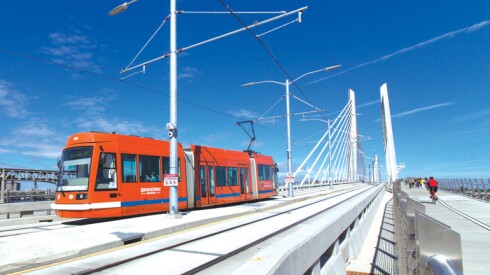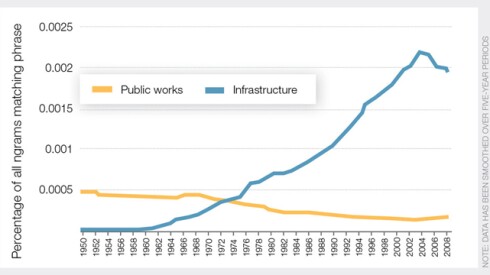A journalist and consultant, Alex Marshall is the author of The Surprising Design of Market Economies; Beneath the Metropolis: The Secret Lives of Cities; and How Cities Work: Suburbs, Sprawl and the Roads Not Taken. He writes a regular urban affairs/infrastructure column for Governing and has contributed to Bloomberg Voice, Metropolis, The New York Times, Architecture, The Boston Globe, The New York Daily News, The Washington Post and many other publications.
Marshall has taught about infrastructure at the New Jersey School of Architecture at the New Jersey Institute of Technology in Newark. From 2002 to 2018 Marshall was a Senior Fellow at the Regional Plan Association in New York City. In 1999-2000, he was a Loeb Fellow at Harvard University’s Graduate School of Design. He has consulted with Arup, Sidewalk Labs and other organizations. He holds a master's degree from Columbia University’s journalism school and a bachelor's in Political Economy and Spanish from Carnegie Mellon University. A native of Norfolk, Va., he was a staff writer and columnist for The Virginian-Pilot in Norfolk from 1989 to 1999.
He can be reached at amcities@gmail.com or on Twitter at @Amcities.

















